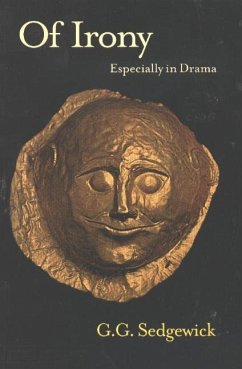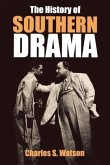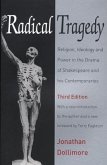First published in 1935, as the Alexander Lectures at the University of Toronto, Of Irony has been in demand ever since. Professor Sedgewick begins his discussion by recognizing that irony is a way of speaking with which we are all familiar, a figure of speech used in daily conversation. But there are other ironies: those of allegory, of understatement, of detachment, of fate, and especially the irony used in drama. He explores how the various meanings of irony have developed - through Socrates, with his "urbane pretence," through Bacon, through the romantic irony of Schlegel and Tieck, through Bishop Thirlwall, whose essay on the irony of Socrates was pivotal in the history of English dramatic criticism. Now in its third edition, Of Irony remains a seminal work on the central role irony has played in tragedy from the time of the Greeks to the present.
Hinweis: Dieser Artikel kann nur an eine deutsche Lieferadresse ausgeliefert werden.
Hinweis: Dieser Artikel kann nur an eine deutsche Lieferadresse ausgeliefert werden.


![The God of Vengeance [microform]: Drama in Three Acts The God of Vengeance [microform]: Drama in Three Acts](https://bilder.buecher.de/produkte/65/65518/65518587m.jpg)





